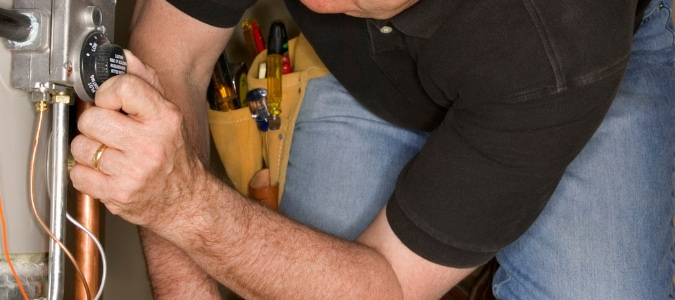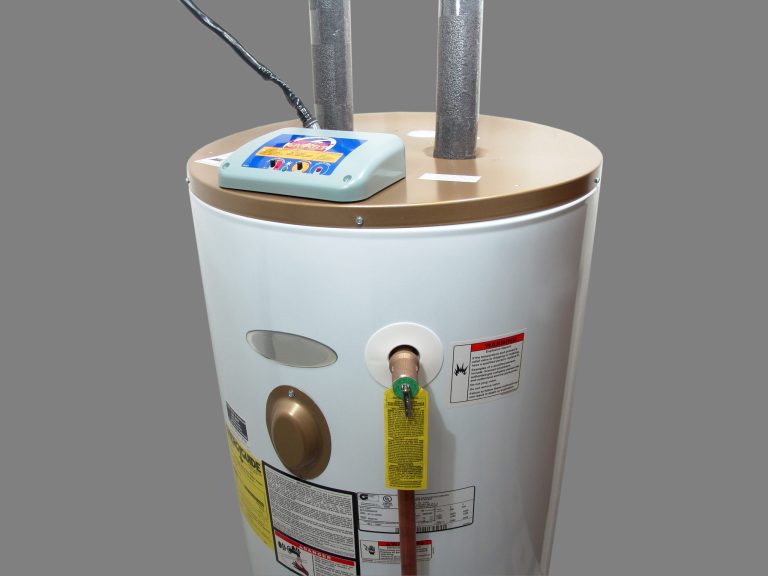Dealing with Strange Noises from Your Water Heater- Let’s Figure it
Any strange noise from your water heater can signal that something in the system has malfunctioned and needs instant attention. While a low humming sound is normal when heating systems operate, any unusual noises could indicate a problem.
At Star Water Heater Repair, we’re equipped to handle any strange sounds your heating system may be producing. Whether it’s a banging noise, rattling, whistling, or something else, we’re here to assist. Remember, ignoring new or unusual noises from your furnace or heating system can lead to bigger problems, as these sounds are often the system’s way of alerting you to issues.
Why Do Heating Systems Make Noises?
Heating systems often make noises due to various internal issues, ranging from simple to complex. A common cause is the buildup of gas within the system, which can lead to loud booming sounds if the gas ignites suddenly due to delayed ignition. Loose panels or parts inside the furnace or air handler can produce rattling noises, indicating that something may need tightening or replacing.
Additionally, a dirty air filter or problems with the blower fan, such as worn motor bearings, can lead to humming or grinding sounds. Regular furnace maintenance is crucial to diagnose and resolve these underlying issues, ensuring your system operates quietly and efficiently.
What Type of Noise Is My Water Heater Making?
Strange noises from your heater can be disconcerting. Is it a rumbling, popping, or whistling sound? Every noise can indicate a different problem:
Rumbling Sounds
A rumbling sound that emanates from a water heater is often a sign of sediment, which has accumulated at the base of the tank. Where there is sediment in boiling water, there would be mini explosions hence a rumbling sound will be produced. This indicates that it is time to get a professional and have the heater drains flushed to expel the sediment and maintain a silent running system.
Popping Noises
Hissing or popping sounds are often recorded when water underneath layers of sediments is about to reach boiling point. This issue is not only causing the noise in the water heater but can also diminish the effectiveness of the heater. Such popping sounds should not be expected and it is ASIC to have your water heater’s sediment removed to help avoid such situations and possibly increase the equipment’s life expectancy.
Whistling Sounds
A whistling sound mostly indicates a restricted valve or there may be leakage in the system which is under pressure with air or steam. Such noise may also suggest the water heater is working at higher pressures than before and this should call for a check on the pressure relief valve mechanism as well as other related valves.
Crackling or Clicking Sounds
The other sound produced by electric water heaters is a crackling or clicking sound, which can be caused by scale build-up on heating elements or problems with the electronic igniter. These sounds can also result from vibrations produced by the contraction and expansion of metallic parts in the course of heating or scaling and, therefore, need to be subjected to regular inspections as well as cleaning.
Booming or Banging Noises
Explosive or pounding sounds that you may find startling can be the result of expanding hot metal or a secondary combustion of gases that signals the build-up of gas and combustion of the accumulated gas all at once which can be disastrous. Loud noises can be tackled and solved by such tasks as adjusting the gas valve and cleaning burners that might be dirty.
How Do I Drain and Flush My Tank to Remove Sediment?
If your water heater makes rumbling or popping sounds, it might be time to drain and flush it:
- Turn off the heater: For safety, ensure the heater is off.
- Connect a Garden hose: Attach a garden hose to the tank’s drain valve.
- Drain the tank: Open the drain valve to let water out, flushing sediment with it.
- Refill the tank: After draining, close the valve and refill the tank, checking for leaks.
This maintenance can significantly reduce water heater noise and improve efficiency.
What If There Are Loose Connections?
Tightening loose connections can solve several problems:
- Electrical Connections: Tighten any loose electrical connections to prevent potential electrical issues and ensure your water heater operates safely and efficiently.
- Gas Connections: Secure loose gas connections immediately to avoid gas leaks, which can lead to a booming noise or more dangerous situations like gas buildups.
- Water Connections: Check all water inlet and outlet connections; a loose-fitting can cause a rattling noise and lead to leaks that might damage your system.
- Heating Elements: Ensure that the heating elements in electric water heaters are tightly fitted to avoid issues like a crackling sound or inefficient heating performance.
- Thermostat Connections: Loose thermostat connections can lead to erratic water temperatures and humming sounds, so make sure these are secure for consistent operation.
Wrapping It Up!
To sum up, dealing with the main noises of the gas furnace including humming, screeching, or other noises, can save more money in the future. Some necessary and routine checkpoints should be checked frequently in this device such as the blower motor, pilot light, and air ducts. Inexplicable problems like a cracked heat exchanger, dirty burners, or problems with electronic ignition can actually be ignored.
The benefits of planned heating system maintenance include preventing breakdowns that may inconvenience everyone and be costly. This is generally a good indication that something is wrong with your furnace or that it needs some form of attention.
This is why at Star Water Heater, we ensure our clients are supplied with hot water 24/7 as we know its value. This makes us professionals in water heater maintenance and repair since that is what we have specialized in. Let us manage your water heater, so you do not have to worry about cold water in the middle of winter.


